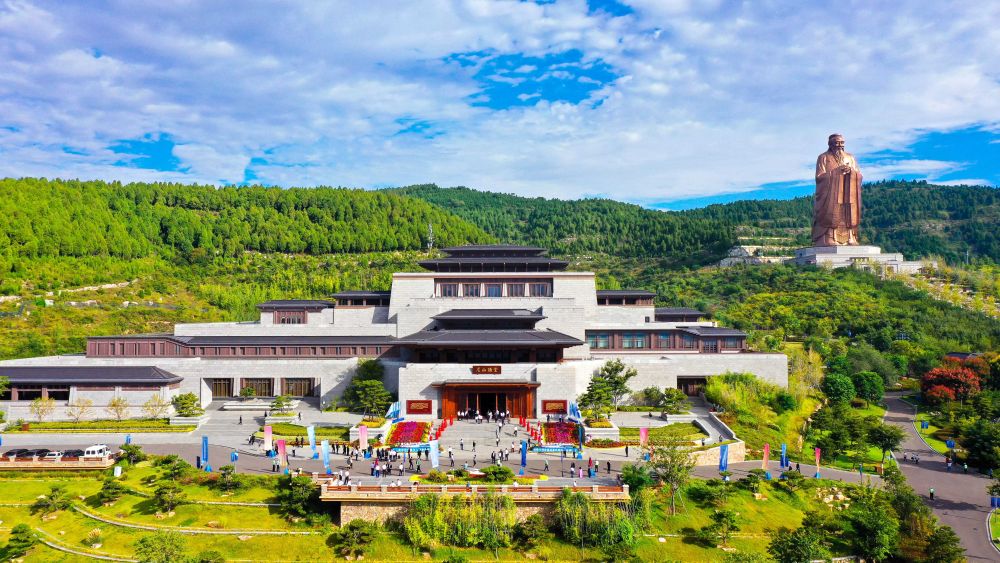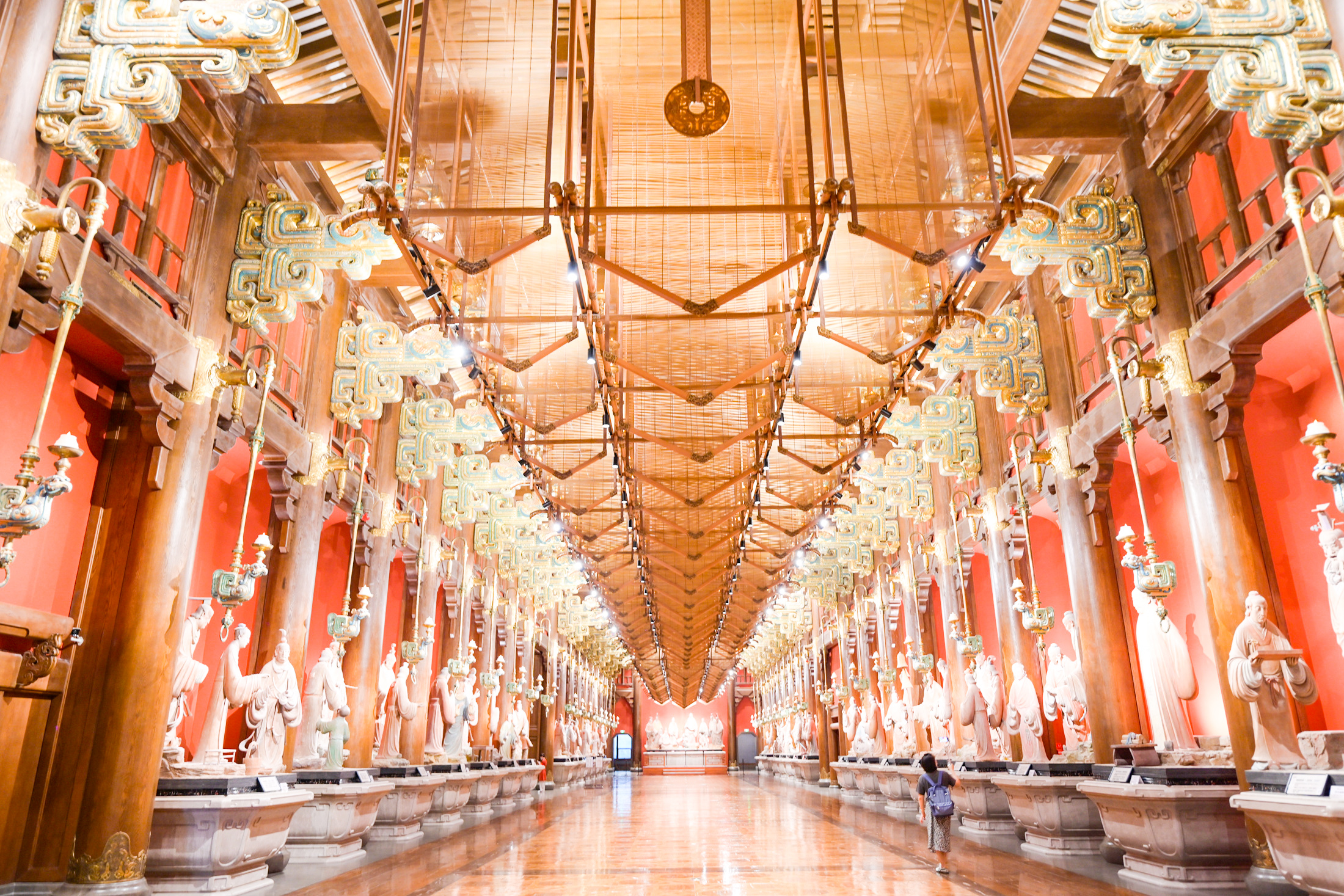
The ninth Nishan Forum on World Civilizations kicks off in Qufu, east China's Shandong Province, September 27, 2023. /Xinhua
The ninth Nishan Forum on World Civilizations kicks off in Qufu, east China's Shandong Province, September 27, 2023. /Xinhua
Editor's note: Gao Lei, a special commentator for CGTN, is an associate professor at the Center for Xi Jinping Thoughts on Opening-up, Research Institute of Globalization and China's Modernization, University of International Business and Economics. Xia Lu, a special commentator for CGTN, is an associate professor at the National Academy for Development and Strategy, the Academy of Xi Jinping Thoughts on Socialism with Chinese Characteristics for a New Era, Renmin University of China. The article reflects the authors' opinions and not necessarily the views of CGTN.
From September 26 to 28, the Ninth Nishan Forum on World Civilizations is now being held in Qufu of Shandong Province, the birthplace of Confucius.
The Nishan Forum was first held in September 2010. Originally, it was designed as an international platform concentrating on academic and cultural topics; then the topics got expanded and extended.
Since 2010, the Nishan Forum was held every two years till the sixth session in 2020 when the frequency of the forum was upgraded to once a year, signaling the significance of the event. Now, it has increasingly become one of China's name cards in terms of the country's soft power, particularly the spread of traditional Chinese culture abroad, as well as its public diplomacy, particularly the spread of the idea of building a global community of shared future.
The main theme of this year, "Common values for mankind and a community with a shared future for mankind - strengthening exchanges and mutual learning among civilizations to jointly address global challenges," has just reflected this initial idea of the Forum congruously. But what could we learn from the wise man who lived over 2,500 years ago in order to build a better world that he'd never seen, not to mention imagined?
Just because Confucius, and Aristotle as well who lived roughly in the same period in the Ancient Greek city-state Athens, did not live in our time does not necessarily mean his thoughts could not help.

A tourist appreciates the architectural aesthetics of a palace at Nishan Sacred Land in Qufu City, Shandong Province. /IC
A tourist appreciates the architectural aesthetics of a palace at Nishan Sacred Land in Qufu City, Shandong Province. /IC
Confucius believed that all people and the society they live in benefit from a lifetime of learning, "for the sake of the self," meaning self-knowledge and self-improvement. In his sense, learning does not only mean to learn abstract knowledge from textbooks but also means to learn from each other, especially those who live in the same time-space. People improve through learning from each other, and the same logic goes for civilizations as well, for civilizations are the fruit of people's learning and practice.
As stated in The Analects, a collection of his words recorded by his pupils and followers, Confucius believed that social harmony would naturally follow from the proper ordering of individuals in relation to one another. He therefore stressed the cultivation of personal qualities such as benevolence, reciprocity, and filial piety as essential to the formation of well-educated, conscientious individuals who would benefit society through public service. Simply put, persons with a high level of morality bring a high quality of community, both domestically and globally.
Besides, analysis of the significance of mutual learning, Confucius also believed that the rites, or ritual (li), encompassing and expressing proper human conduct in all spheres of life, could steady a man and anchor a government and that their practice of rites or rituals would then become regulations and order that is inevitable for a society.
The spirit of the rites is ineffable, and, therefore, different from prescribed rules. It awaits the person with knowledge and awareness and skills in deportment to put it into motion, for every occasion is different. Therefore, building a community, no matter domestic and global, should also meet the ever-changing circumstances.
In addition, Confucius gave his teachings on humaneness a political dimension, though they seemed to be intended for the self. He observed that great rulers in ancient China were able to manage the world simply by perfecting their own humanity and cultivating a respectful demeanor.
Few people knew how to reform themselves in Confucius's time, and there was nearly no one among the rulers for them to look up to. But Confucius still had faith in professional advisers like himself, who, in the tradition of the great counselors of the past, were able to make rulers great with their hard work, discernment, and deft ways of moral suasion.
Thus, what Confucius' teaching has endowed us is that in order to become a leader, one has to perfect himself in all aspects and that in order to build a global community of shared future, all countries need to perfect themselves and make contributions.
(If you want to contribute and have specific expertise, please contact us at opinions@cgtn.com. Follow @thouse_opinions on Twitter to discover the latest commentaries in the CGTN Opinion Section.)